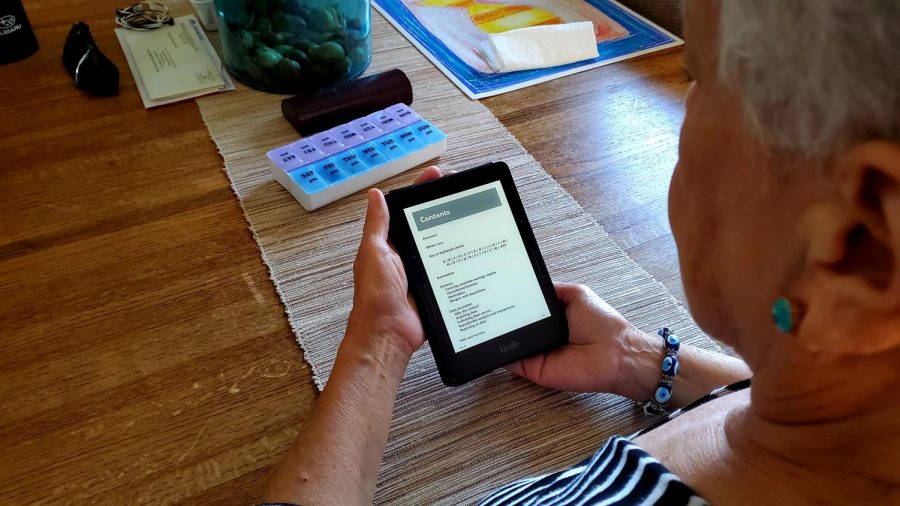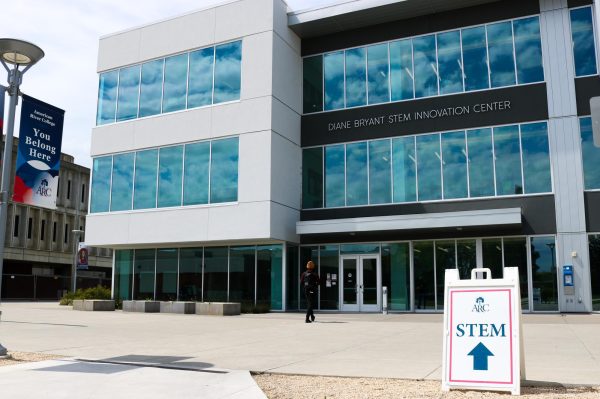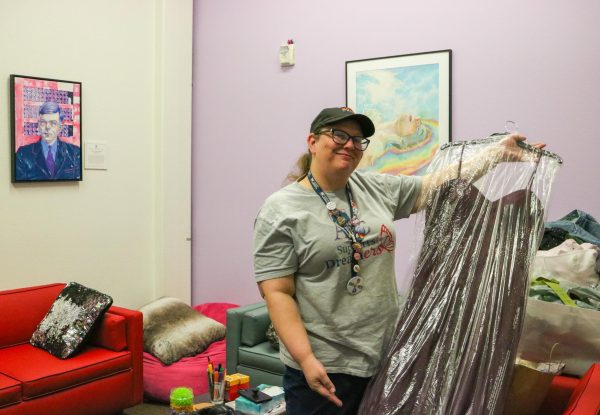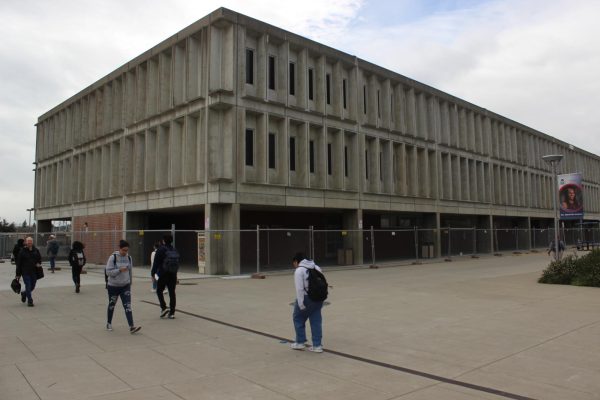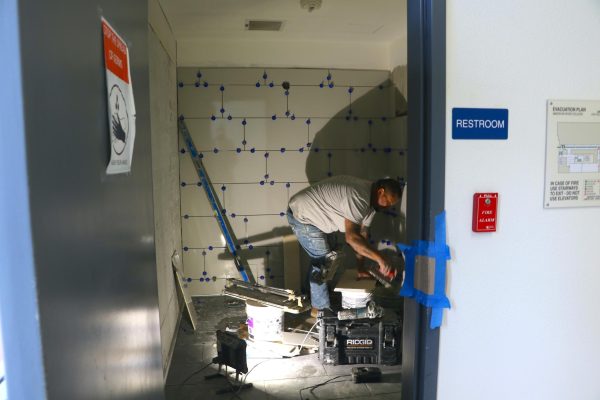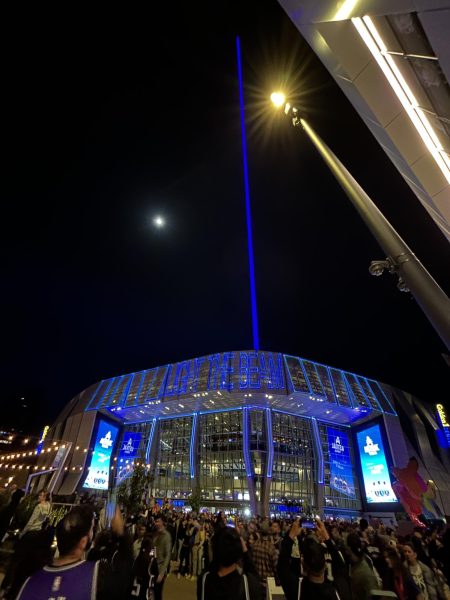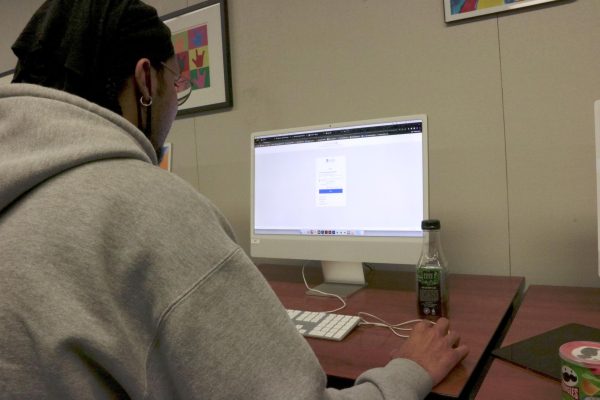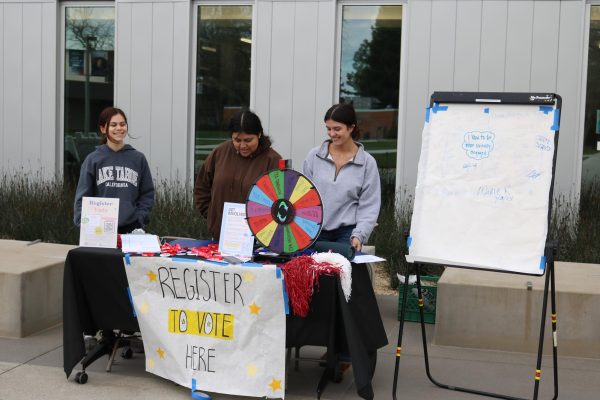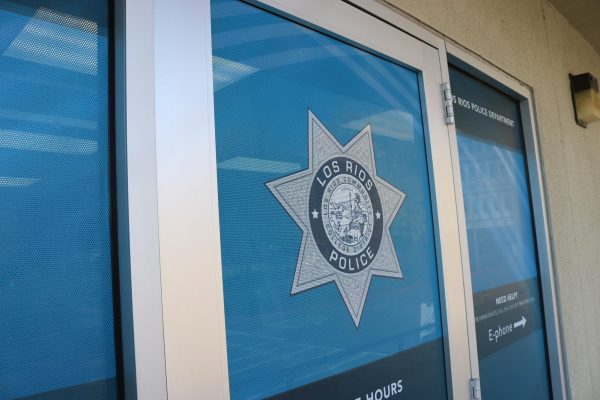ARC library provides access to free course materials
The shift to online learning has not been without challenges for American River College students and faculty. Critical student resources, such as the ARC Library, are experiencing limited access due to the COVID-19 lockdown. This, in turn, limits access to course materials required for classes.
In response to this, the staff of the ARC Library has implemented a temporary solution through its Textbook Scanning Project, according to the library department’s co-chair, Marianne Harris, in an email sent to ARC faculty on Aug. 12. Originally slated to end on Sept. 3, Harris confirmed in a Sept. 9 email to faculty that the service would be extended to the end of the Fall 2020 semester.
According to Harris, for this service, the ARC Library takes requests from professors to print partial copies of books and other materials. However, these copies are limited roughly to one or two chapters’ worth per book due to copyright restrictions. Additionally, the Aug. 12 email stated that faculty requesting the use of this service must ensure that the use of these materials complies with Fair Use law and is ADA compliant. The materials can not already be included as part of the Library’s electronic collection, and faculty cannot bring in books outside of the Library’s collection to be copied.
“The textbooks that are currently in the library reserves collection as of last semester are what we are sending out,” Harris said in an interview. “We cannot scan new textbooks brought in by faculty, they must have been in library possession as of March 2020, when the lockdowns started.”
Despite these restrictions, Harris said the service has been a success, with one of the few challenges being “faculty wanting more than one or two chapters of material from a book.”
The other major restriction comes from COVID-19 itself. The campus has been locked down since the spring semester, and the only books that can be partially reproduced are physical copies. According to Martee Squire, public services librarian, the safety of library staff has been a concern for the district and ARC administration.
“COVID has been the biggest restriction of all since the staff has to be physically present at the library to be able to copy these materials for faculty,” Squire said.
According to the Aug. 12 email, the project was designed in direct response to the COVID-19 pandemic and was not intended to replace purchasing the books physically or digitally. It is a temporary solution for the current crisis, allowing financially-challenged students to still have access to portions of their required books while waiting for financial aid to kick in.
Harris said that she believes the service could be extended beyond this semester “depending on the needs of faculty and students,” and the discussion remains ongoing with the district office.
Support for the project has been high across library staff and ARC’s administration, according to Squire.
“We’ve had zero challenges getting library staff to volunteer, and the ARC administration has been very supportive of the project,” Squire said. “But the time restrictions are coming from the district office, so any decision to extend the project will come from them.”
Had the project not been extended, the ARC Library still offers a number of no- and low-cost course materials through its Open Educational Resources Libguide. The guide covers multiple subjects and single subject course materials.
“That’s one of those sustainable resources that faculty will have access to now, and the future,” Harris said.
Squire said she is hopeful that the project will be running during future semesters, potentially outside of pandemic lockdowns.
“We would expect to see a project like this to ebb and flow based on the circumstances,” Squire said. “Like students needing portions of course material while waiting for financial aid. If for any reason we aren’t able to get a continuation for this semester, it’s something we really hope we can repeat for the spring semester.”

